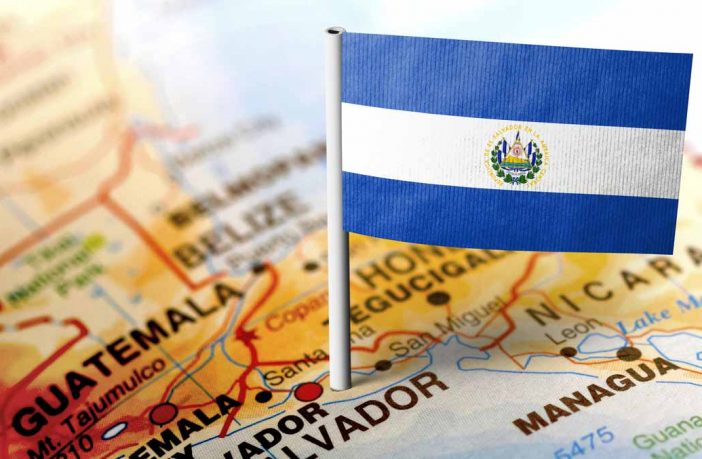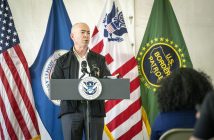Tragic photos of a Salvadoran migrant and his daughter drowned in the Rio Grande last month triggered yet another round of attacks on President Donald Trump and U.S. immigration policies.
Then El Salvador’s new president stepped up to counsel his countrymen to look in the mirror.
Citing the deaths of Óscar Martínez and his daughter Valeria, President Nayib Bukele said, “We can blame any other country but what about our blame? What country did they flee? Did they flee the United States? They fled El Salvador, they fled our country. It is our fault.”
Bukele, 37, was elected on an anti-corruption pledge that goes to the root of the Central American exodus. The former mayor of San Salvador is the first “political outsider” to become the Salvadoran president.
Sensing an ally in Bukele, Trump tweeted, “The United States stands ready to work with @NayibBukele to advance prosperity in El Salvador and the hemisphere. Congratulations President Bukele on your inauguration!” Bukele retweeted the message shortly after.
Bukele will need all the help he can get. His country’s homicide rate — at 51 per 100,000 in 2018 — is among the deadliest in the world. Reported disappearances have increased and the incidence of femicide — the intentional killing of women because of their gender — is the highest in Latin America.
A recent study — “Corruption in El Salvador: Politicians, Police and Transportistas” — makes for harrowing reading. The grim report helps explain why an astounding 22 percent of Salvadorans have fled their country and headed to the United States. But those fleeing aren’t refugees, escaping persecution and entitled to protection in the U.S. They’re fleeing crime and corruption – both of which can be found in abundance throughout the world.
Experts agree that reducing corruption curbs violent crime, and, thereby, reduces the incentive for people to leave their homelands. Conversely, embezzled money siphoned away from public services cripples civic structures that tamp down and prevent violence.
Trump took aim at the region’s embezzling, corrupt oligarchs earlier this year when he cut $500 million in U.S. foreign aid to El Salvador, Honduras and Guatemala. Clearly, the diverted money was not buying a better life for the vast majority of people exiting those impoverished, crime-ridden countries.
Christine Wade, an associate professor of political science and international studies at Washington College specializing in Central America, noted, “We spend on violence, violence reduction, militarized policing, so forth and so on, and very little toward governance, improving institutions, reducing corruption. You’ll never successfully reduce violence if you don’t address those issues.”
Continuing to admit large numbers of Salvadorans to the United States destabilizes the economy and sets up the vicious remittance cycle that tends to perpetuate economic dependency and extend the life of corrupt regimes.
Bukele’s anti-corruption campaign is a refreshing burst of self-awareness in a country that has been in denial for far too long. It remains to be seen whether he can stem the Salvadoran portion of the human tide flowing toward the United States.





3 Comments
More Phony “Asylum” Illegal Aliens Means
They made a donkey’s behind out of “U” and “Me”.
Both the mother and the wife of the guy who drowned with the 2 year old said his long time “dream” was to get a job here and save money to buy a house. He had a job back home and was not in any danger from anyone. It was purely economic.
Pingback: El Salvador’s President Ties Emigration to Corruption – The Importance of Business